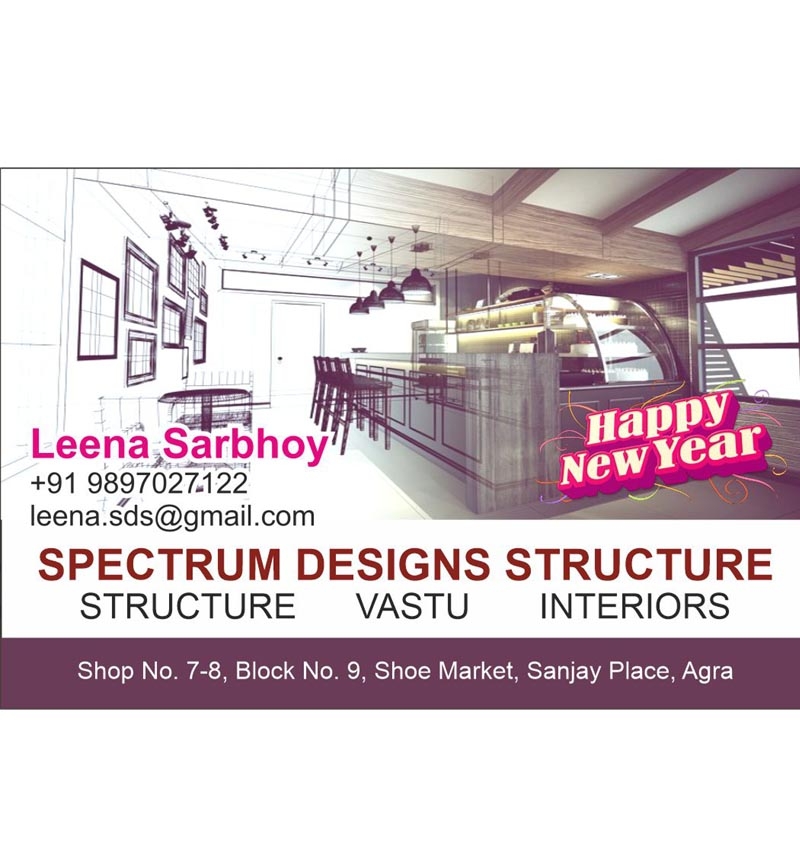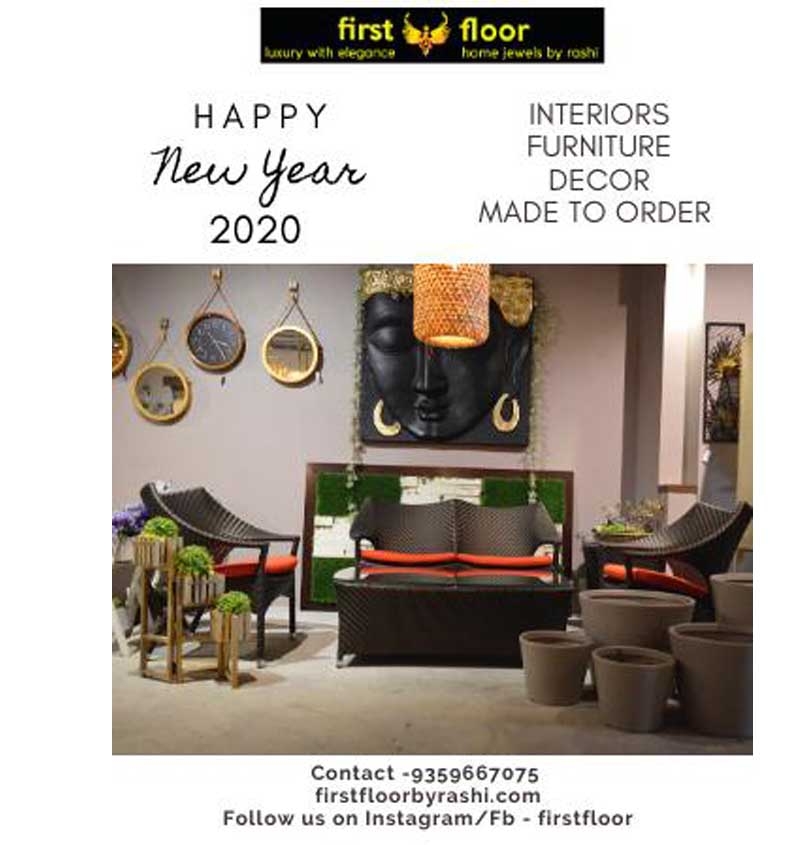In a world where the visual experience often shapes our perceptions, interior design emerges as a fundamental aspect of our built environment. Beyond its superficial appeal, interior design plays a pivotal role in enhancing functionality, promoting well-being, and fostering a sense of identity within a space. From homes to workplaces, and public institutions to commercial establishments, the significance of thoughtful interior design resonates profoundly.
Creating Functional Spaces
One of the primary roles of interior design is to optimize the functionality of a space. A well-designed interior takes into account the needs and activities of its occupants, ensuring that every element contributes to the overall usability of the area. Whether it's arranging furniture to facilitate smooth traffic flow or integrating storage solutions to maximize space efficiency, the practical aspects of design are crucial for creating environments that are both visually appealing and highly functional.
Promoting Well-being
Interior design has a profound impact on our psychological and emotional well-being. The layout, color scheme, lighting, and overall ambiance of a space can influence our mood, productivity, and comfort levels. For instance, natural light has been shown to enhance mood and productivity while fostering a connection to the outdoors. Similarly, incorporating elements of biophilic design, such as indoor plants and natural materials, can evoke a sense of calmness and improve air quality, thereby promoting overall well-being.
Furthermore, thoughtful design considerations, such as ergonomic furniture and acoustical treatments, can contribute to physical comfort and reduce stress levels in both residential and commercial settings. By prioritizing the psychological and physiological needs of occupants, interior design has the power to create environments that support holistic well-being.
Reflecting Identity and Culture
Interior design serves as a means of self-expression and cultural representation. Whether it's a reflection of personal taste in a private residence or a manifestation of organizational values in a corporate setting, the design choices within a space communicate identity and culture. From the choice of materials and furnishings to the arrangement of artifacts and artwork, every element contributes to the narrative of the space.
In commercial settings, interior design plays a crucial role in shaping brand identity and customer experience. A well-designed retail space, for example, can evoke a sense of luxury, exclusivity, or accessibility, depending on the targeted demographic and brand positioning. Similarly, in hospitality settings, interior design sets the tone for the guest experience, influencing perceptions of comfort, sophistication, and hospitality.
Enhancing Economic Value
Beyond its intrinsic value in promoting functionality and well-being, interior design also has a tangible impact on the economic value of properties. Well-designed spaces are more attractive to potential buyers or renters, leading to increased demand and higher resale or rental values. In commercial settings, an aesthetically pleasing and well-designed interior can drive foot traffic, improve customer retention, and ultimately boost revenue.
Moreover, interior design can contribute to sustainability and energy efficiency, thus reducing long-term operating costs for both residential and commercial properties. By incorporating sustainable materials, efficient lighting systems, and passive design strategies, interior designers can create spaces that are environmentally responsible and economically viable in the long run.
Conclusion
In conclusion, interior design transcends mere aesthetics to encompass a wide range of functional, psychological, cultural, and economic considerations. By optimizing space functionality, promoting well-being, reflecting identity and culture, and enhancing economic value, interior design plays a vital role in shaping our built environment. As we continue to navigate an ever-changing world, the importance of thoughtful and purposeful interior design remains paramount in creating spaces that are not only visually appealing but also conducive to the holistic well-being and prosperity of their occupants.



















Your Message